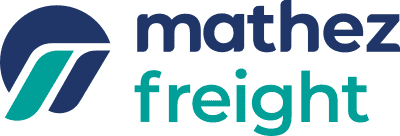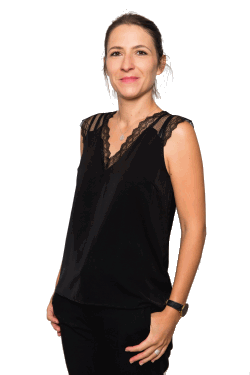Foreign companies, not established in the European Union, often encounter difficulties when clearing customs in France. Although the customs rules established by the the EU Customs Code provides a uniform basis for dealing with all goods within the European Union (EU), experience shows that there are subtle variations in national regulations, and even in some local practices, which can lead to blockages or delays. It is however easy to clear customs in France, for those who take the right steps and with the right partners.
Decoding by Hélène Plaquet,customs trainer within MATHEZ FORMATION,in charge of customs compliance at MATHEZ FREIGHT – registeredcustoms representative in France andforwarder approved AEO-Full at the European level.



